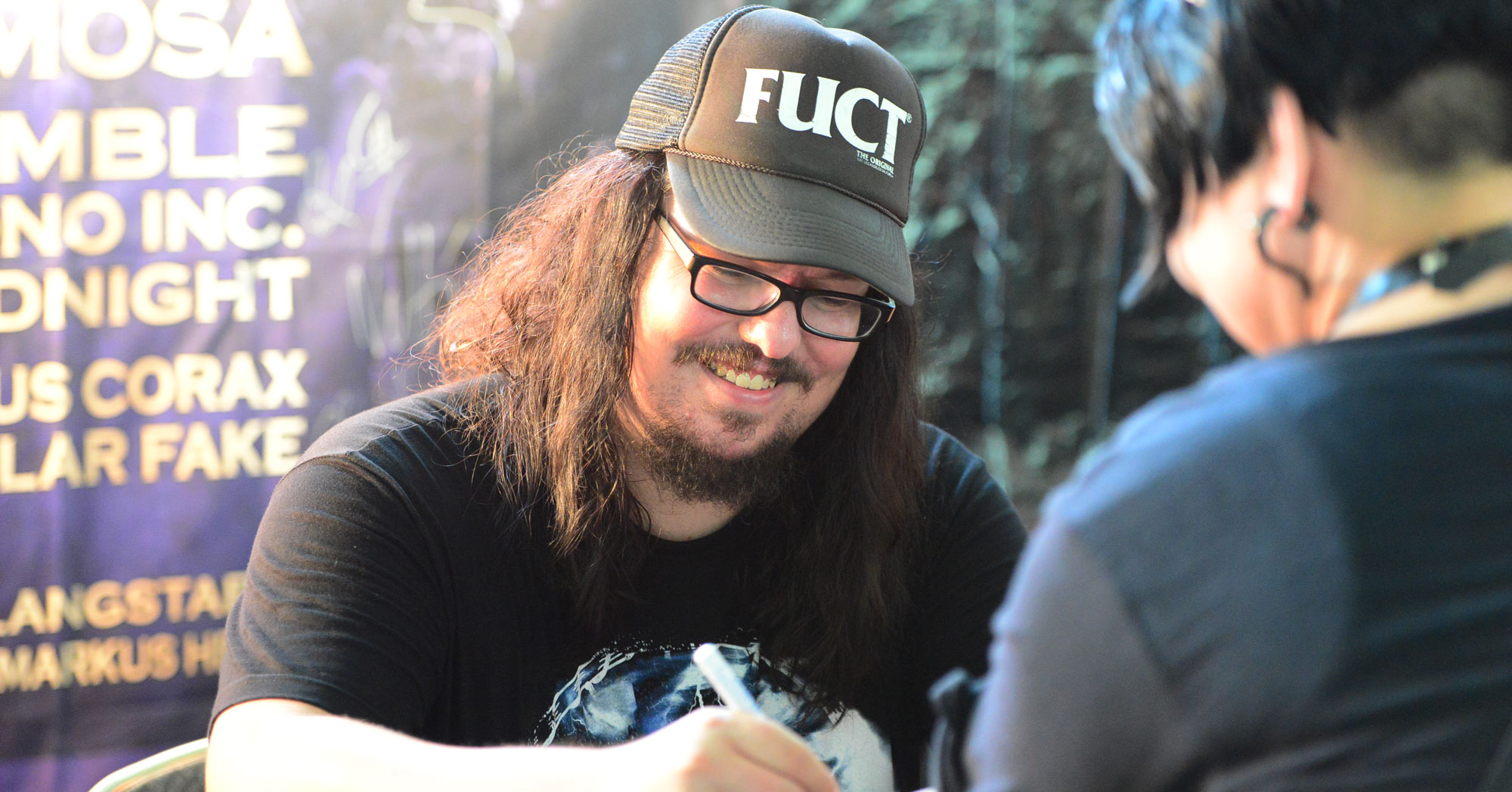On Monday, June 24, 2019 the United States Supreme Court ruled that FUCT branded clothing was entitled to trademark protection. In so doing, the Supreme Court struck down a long standing Disparagement Clause of the Lanham Act (AKA the Trademark Act) that banned registration of proposed trademarks that are scandalous or immoral.
Hopefully you have realized by now that “FUCT” when read phonetically sounds similar to the past tense of another F-word. In the early 1990s, a couple of entrepreneurs were looking for a brand name for their clothing line that would be anti-establishment and counter culture. They developed FUCT, which founder Erik Brunetti says stands for “Friends U Can’t Trust.” Read Brunetti’s response to the ruling through his lawyer, John R. Sommer here.
The Trademark Office, relying upon the Disparagement Clause, rejected the application. This led many to believe that the entrepreneurs were Fuct. However, the entrepreneurs appealed to the Federal Circuit Court of Appeals and prevailed. The Federal Circuit ruled that although FUCT was scandalous, the Disparagement Clause barring such trademarks violated freedom of speech.
In a 6-3 decision, the Supreme Court agreed with the Federal Circuit. In an odd combination, Justice Kagan wrote the majority opinion and was joined by Justices Ginsberg, Thomas, Alito, Gorsuch and Kavanaugh, and held that the Disparagement Clause restricting registration permitted “registration of marks that champion society’s sense of rectitude and morality, but not marks that denigrate those concepts.” The majority opinion further held that the Disparagement Clause did “not draw the line at lewd, sexually explicit or profane marks” and as a result the provision was overly broad in application.
The FUCT decision continues the course the Supreme Court set in 2017, when the Court permitted a band in Oregon to register and trademark the name of a rock band “The Slants.” Although the Court has turned decisively conservative, it appears that a majority exists on the Court that values First Amendment protections over trademarks that can be interpreted as scandalous, divisive, vulgar and/or profane.
If you are interested in exploring trademarking a name and need guidance, contact Jim Shrimp at jshrimp@highswartz.com or visit High Swartz’s Intellectual Property page for more information.
